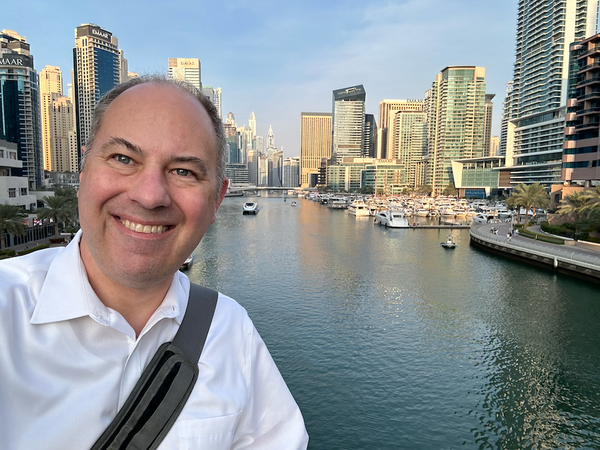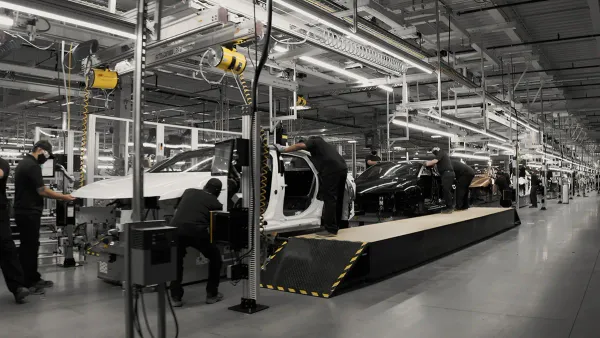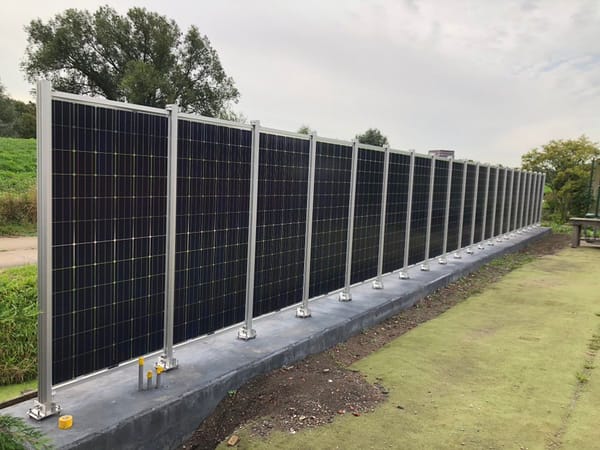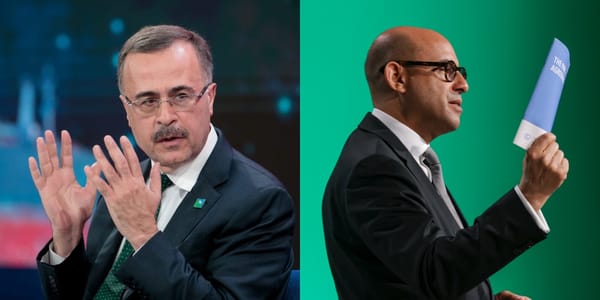Chinese companies operating in Indonesia have become the dominant supplier of nickel, a metal critical for EV battery production
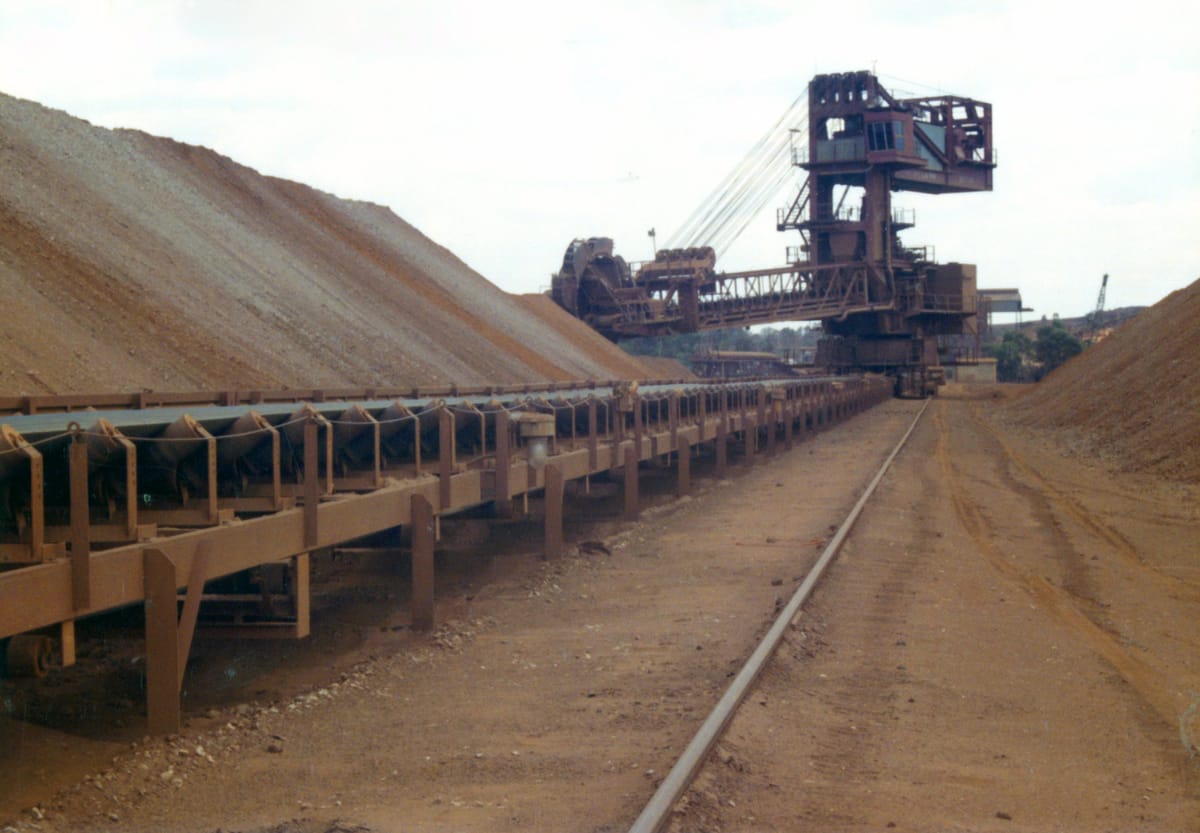
The shift from fossil fuels to green tech threatens to upend the world’s energy economy, and although it’s hard to predict exactly who will end up on top of the green tech supply chain, some countries, like Indonesia, fueled by Chinese investors, are working hard to become dominant.
While powered by electricity, electric vehicles need batteries to store their power. The batteries can be made of numerous metal combinations, but current technology requires nickel for almost all long-range batteries. Unfortunately for battery manufacturers sourcing the metal, the production process is complicated and quickly becoming dominated by Chinese-run mining companies in Indonesia.
Most nickel mines are deep underground, like those in Russia or Australia, but for Indonesia, which has the world’s largest nickel reserves, most nickel lies near the surface. As a result, foreign companies, primarily Chinese investors, have built Indonesia into the world’s largest nickel producer – mining and refining about half of the world’s supply as of 2022.
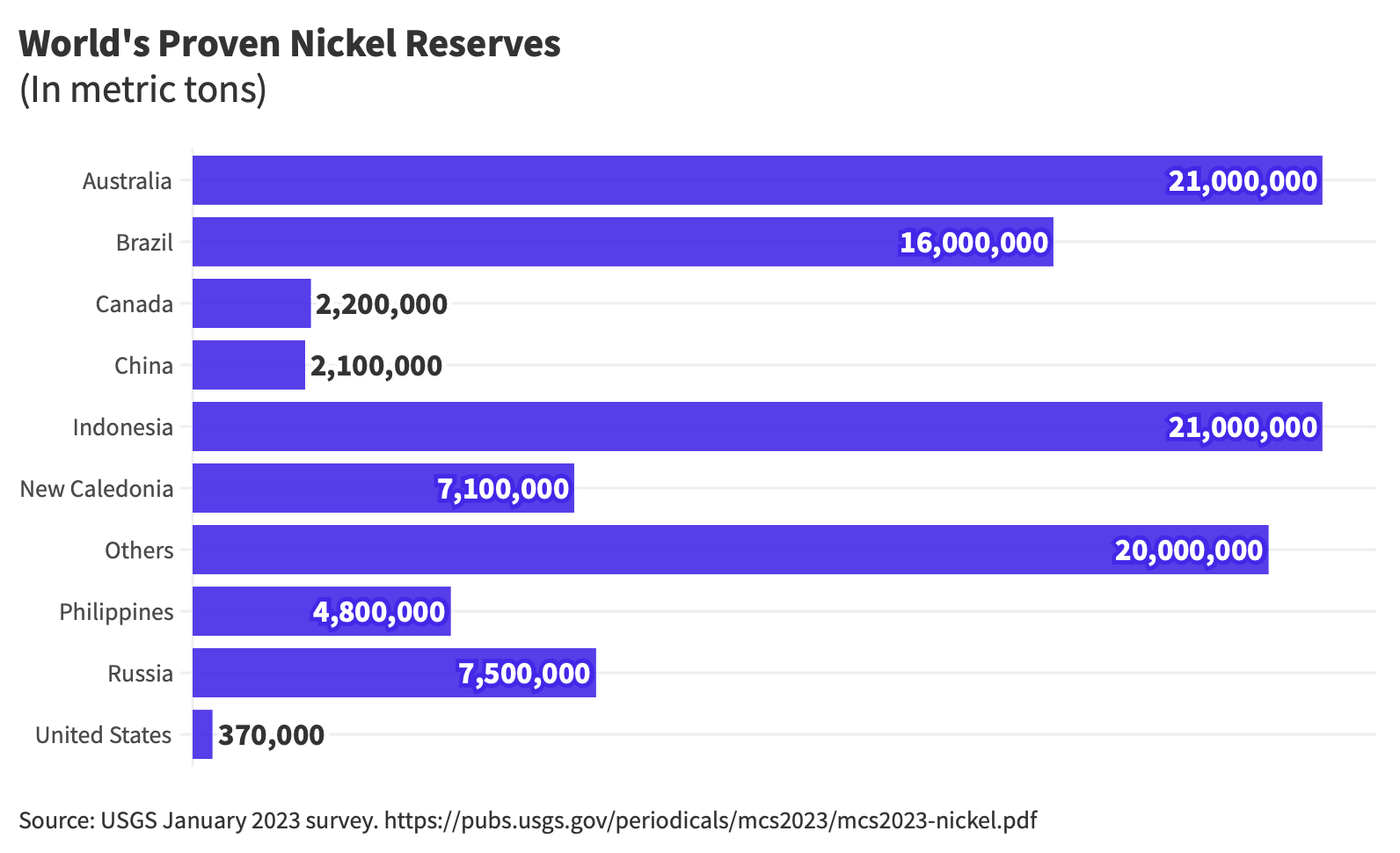
Beginning in 2013, with the launch of China’s Belt and Road Initiative (BRI), President Xi Jinping sought to build a strategic trade relationship with Indonesia to secure the critical Malacca Strait, a pinch point for 80% of Chinese oil supplies. Elected in 2014, Indonesian President Joko Widodo saw the BRI as an opportunity, and lobbied for Chinese investment in its burgeoning nickel industry. To their credit, the Chinese government and companies recognized an opportunity, and invested almost $20 billion in Indonesian nickel production between 2014 and 2019.
Indonesian law bans export of nickel ore, requiring companies to process it in-country. So, once the nickel is dug out of the ground, processors put it through a series of refining steps, usually right next to the mines in remote areas. This includes a bath in sulphuric acid, and an electrolysis treatment, before it’s pure enough to be used in manufacturing. These steps produce a great deal of poisonous waste and are energy intensive, with many of the refineries in remote regions powered by coal plants.
EV battery manufacturers have typically been using nickel in a 8-1-1 mix for their cathodes, respectively for nickel, magnesium, and cobalt, since nickel tends to be the cheapest of the three inputs. But others that don’t rely on nickel, such as Lithium-Iron-Phosphate or Disordered Rock Salt batteries are gaining popularity or could be developed for use within years, potentially upending the market for nickel.
But today, Indonesian nickel has become so predominant – controlled by Chinese companies – that mines in other countries, like Australia and French-controlled New Caledonia, are threatened with closure. While nickel prices boomed to about US$50,000 a ton in March 2023, Indonesian mines have since been able to ramp up so much that prices have collapsed, falling to 20% of their top prices of a year ago, too low for profitable production in most countries.
Although growing battery production is expected to increase the world’s nickel demands by 50% – another 1.6 million tons a year by 2038 – Indonesia-based companies expect they’ll be able to increase their production from 30% to 60% of world demand.
Australia, which has the world’s second largest reserve of nickel, has been attempting to prop up its mining industry in recent weeks. Earlier this month it declared nickel a “critical mineral”, giving local producers access to billions in cheap loans. It also halved mining royalties, a minor move that will save miners about A$200 a ton.
Indonesian-produced nickel requires clear cutting rainforest and the Chinese companies have a poor worker safety track record. Australia is hoping companies like Tesla will prefer their more “ethical” nickel, but experts are dubious this will be enough of a differential for a basic commodity.
Opening and getting new mines up to production usually takes years. Today, as Indonesian mines, controlled by Chinese companies, are dominating world markets, about half of all nickel mines are unprofitable. Unless Western companies, and their governments, are willing to subsidize billions of US dollars of nickel production for years to come, it seems likely that most battery companies looking for nickel, will need to source it through a Chinese company, pulling it out of an Indonesian mine.
Like what you see? Please forward to a colleague.
Ideas
That stat you’re looking for on the US green tech sector? It’s probably here in the Business Council for Sustainable Energy’s annual report, authored by Bloomberg NEF.
Those rules the US EPA trumpeted at COP28 banning methane leaks from oil wells have stalled, putting them in danger of revocation if Donald Trump becomes president next year.
The US and China are building competing railroads from the African coast to Congo’s mineral rich south. The US railway goes to the Atlantic, China’s to the Indian Ocean. All this infrastructure is to export minerals critical to EVs like copper and cobalt.
Climate change has arrived. Parts of the US recorded the warmest February ever (it might hit 95°F in Dallas this week) while Canada’s fire season started early, Mexico City’s storied jacaranda flowers are blooming two months early, Australia’s bushfires are raging, and Antarctic sea ice is at a low.
“In the developing world at large, the desire to shut down highly polluting coal-fired power plants can often appear as a perverse Northern plan to reduce power supply to populations that already have far too little power.” This analysis by Adam Tooze of the failure of Just Energy Transition Partnerships is chock full of insights.
Climate Politics News
Switzerland calls on UN to explore possibility of solar geoengineering [Guardian]
Eskom Eschews $2.5 Billion of Cheap Loans as Climate Pact Founders [Bloomberg] – The first Just Energy Transition Partnership seems to be unraveling.
Nigerian FG Commits N60bn To Green Projects In 2024 [Daily Trust]
Chaos, fires and tear gas roil Brussels as farmers clash with police [Politico] – Farmers are protesting elimination of fuel subsidies and free trade rules with developing nations, promises made at COP28.
Here’s Where Biden’s Climate Law Is Working, and Where It’s Falling Short [New York Times]


